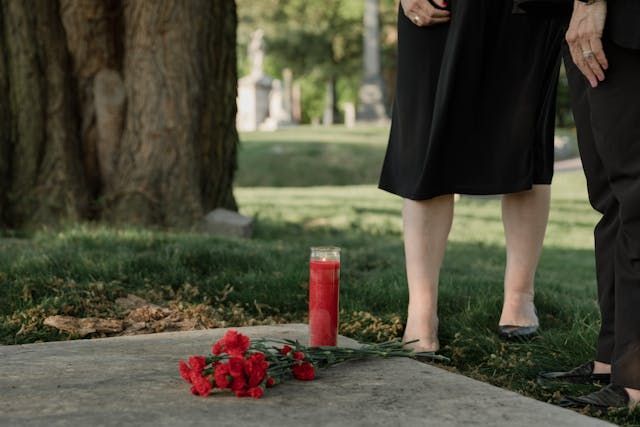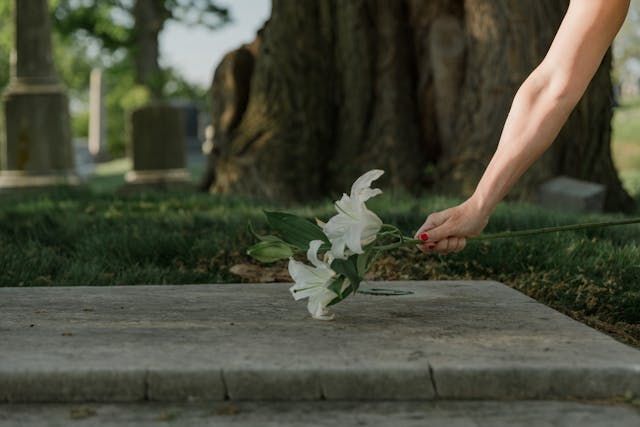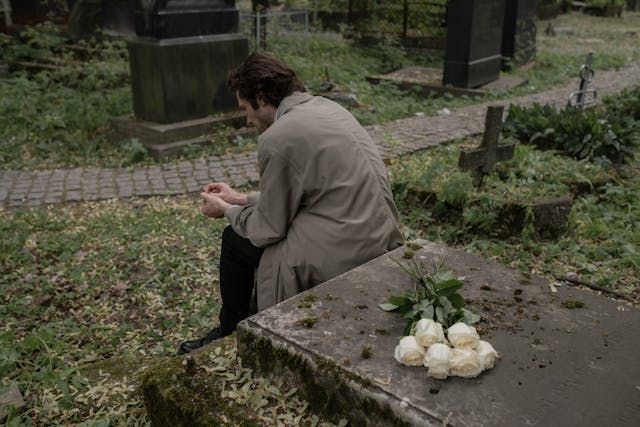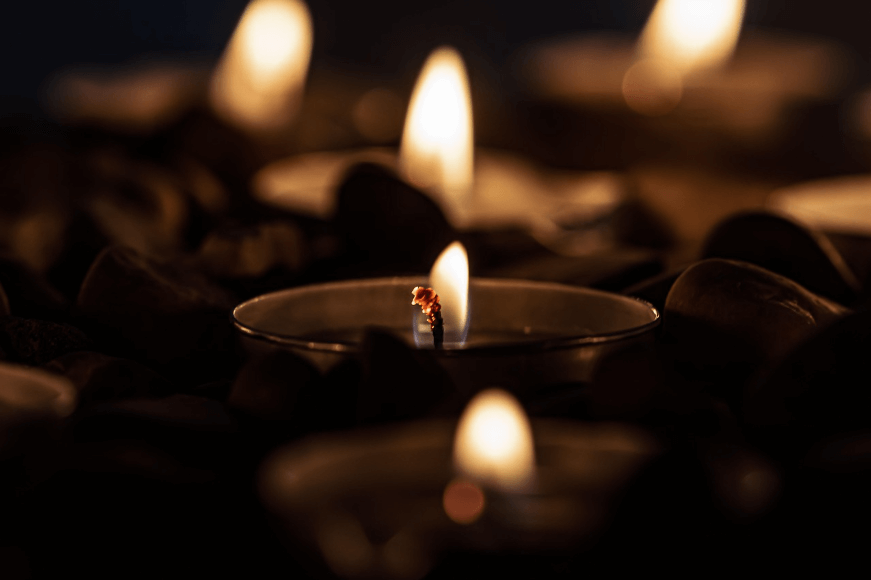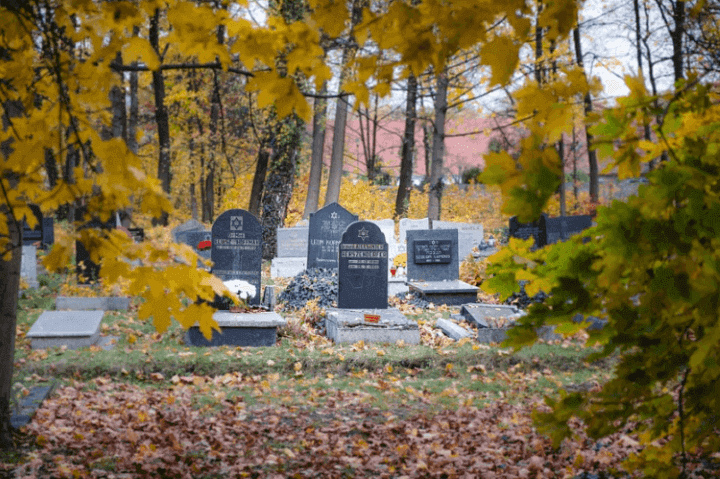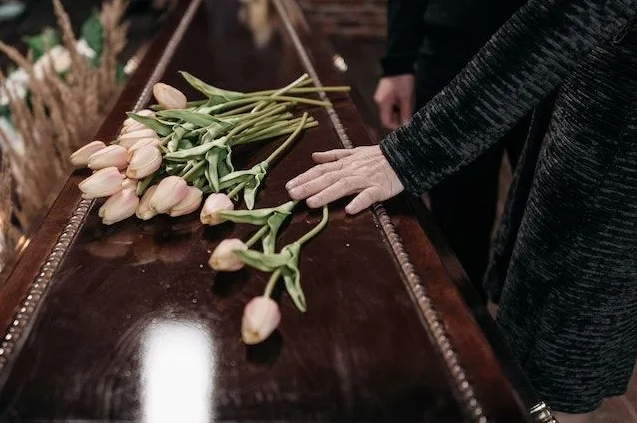Writing Letters to the Deceased: Gentle Path Towards Healing
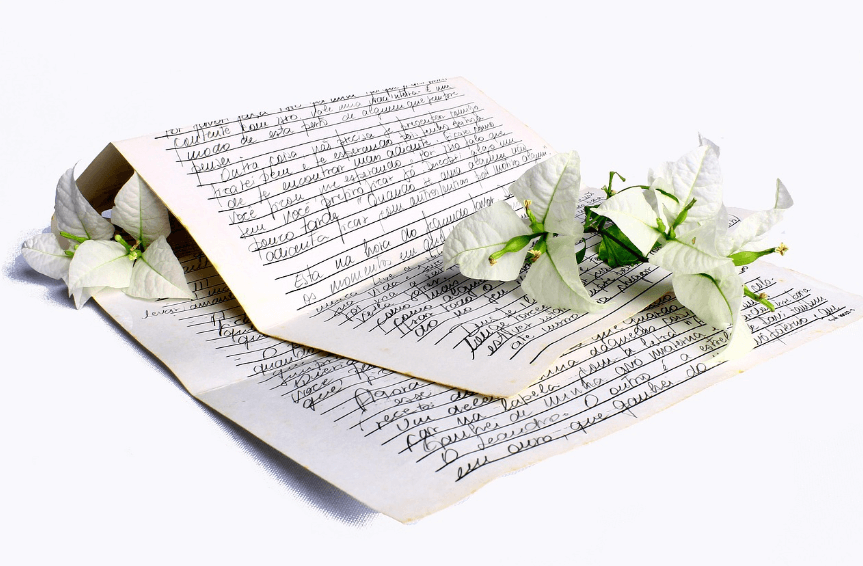
Losing someone you love is one of life’s most painful experiences. In the quiet moments following a loss, many people are left with words unspoken, feelings unresolved, or the simple longing to connect one more time. At Deco Familia Richardson Peterson Funeral Home, we understand how deeply personal the grieving process can be. That’s why we often encourage families and individuals to explore meaningful ways to cope. One of which is the gentle, healing act of writing letters to the deceased.
As one of the trusted funeral homes in Claremont, CA, we’ve seen firsthand how this reflective practice can help the bereaved navigate their sorrow, find emotional release, and maintain an enduring bond with their loved one.
Why Write to Someone Who Has Passed Away?
Grief doesn’t follow a schedule. It ebbs and flows, often appearing in waves long after the services are over. Writing letters to a departed loved one offers a safe, private space to express what’s in your heart, whether that’s sorrow, love, anger, regret, gratitude, or even just everyday updates.
This practice transforms internal thoughts into tangible expressions. It allows you to:
- Say what was left unsaid
- Celebrate shared memories
- Process complex emotions
- Feel a sense of connection
Psychologists often recommend expressive writing as a way to process trauma, including the trauma of loss. When you give voice to your pain, you also give yourself permission to heal.
When Should You Write a Letter?
There’s no wrong time to write. Many people begin shortly after their loss as a way to cope with shock and sadness. Others wait weeks or months before feeling ready. Some choose to write on meaningful dates, like birthdays, anniversaries, holidays, or during life transitions such as moving, starting a new job, or welcoming a child.
Whenever you feel the need to reach out, that’s the right time. Grief is deeply personal, and so is the moment you decide to engage with it.
What Should the Letter Include?
There’s no perfect format or right set of words. Let your heart guide the process. However, here are a few prompts to help you get started:
- “I miss you most when…”
- “I wish I had told you…”
- “Thank you for…”
- “Today I remembered the time we…”
- “I’m struggling with…”
You can include:
- Memories that bring a smile or tears.
- Unspoken words of apology, forgiveness, or love.
- Updates on your life—events they would have celebrated with you.
- Expressions of grief that help unburden your heart.
Many find it helpful to begin with “Dear [Name],” just as they would any other letter.
How to Create a Safe Writing Space
We emphasize the importance of intentional healing. Creating a ritual around your letter writing can help you process grief in a meaningful way. Here’s how to begin:
1. Choose a quiet, comfortable place where you feel safe.
2. Light a candle or play calming music to set a reflective mood.
3. Have a photo of your loved one nearby if that brings comfort.
4. Use a notebook, personal journal, or even a special piece of stationery.
5. For the spiritually inclined, consider including a prayer or meditation.
You can write at home, in a park, or even during a visit to the cemetery. Some find solace in writing directly at their loved one’s resting place.
What to Do With the Letter Afterwards
Once your letter is complete, there are several meaningful ways to honor it. Some individuals choose to keep their letters tucked safely in a memory box or journal, allowing them to revisit the words whenever they need comfort. Others may prefer to read the letter aloud at the graveside or during a quiet moment of reflection, creating a sacred space for connection and release.
Another heartfelt option is to include the letter in a memorial scrapbook or keepsake chest, preserving it alongside photographs and mementos. Sharing the letter with a grief counselor or a trusted loved one can also offer support and open the door to deeper conversations. In some cases, families incorporate these letters into a memorial service or celebration of life, transforming them into a poignant tribute that beautifully blends remembrance with healing.
A Path to Peace and Closure
Letter writing won’t erase your grief, but it may lighten its weight. It invites emotional honesty and gives you permission to feel everything, from aching sorrow to unexpected joy. Over time, it can become a cherished ritual, helping you stay connected while learning to live with loss.
We believe every life deserves to be honored in a way that is as unique as the person themselves. As one of the most compassionate and supportive funeral homes in Claremont, CA, we’re here not only to guide families through final arrangements, but also to offer long-term resources for emotional healing.
Let Us Walk With You
Grief doesn’t come with a map, but you don’t have to travel it alone. Whether you're exploring ways to memorialize a loved one or need guidance on end-of-life services, our caring team is here to support you.
To learn more about our memorial services, grief resources, and personalized care options, please visit our website or reach out directly to Deco Familia Richardson Peterson Funeral Home. Because healing takes time and we are here for you every step of the way.

